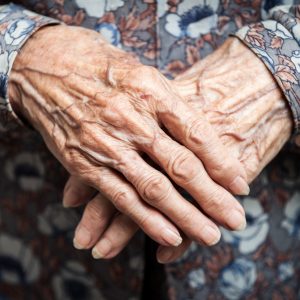For The Long Run: Can We (And Should We) Be Extending Human Life Spans

For The Long Run: Can We (And Should We) Be Extending Human Life Spans
July 2, 2019
The quest for immortality has always been a part of the human condition, even if never a realistic possibility. Yet, in today’s climate of significant medical and technological breakthroughs, we are certainly pushing the boundaries of the average human life span. Just in the last 2 centuries the average life expectancy has more than doubled and there’s been an exponential growth in the number of people over the age of 100. Some are even predicting that 100 years could soon be the average life span, thanks to a concept loosely called “techmanity”- the meeting of technology with humanity, driven by gains in such areas as genomics, AI-driven health and wellness care and such “moonshot” medicine breakthroughs as treatments or cures for Alzheimer’s or Parkinson’s. Certainly, the tech world of Silicon Valley is betting a lot of money on this.
But there remains the ever-present question of whether life-extension itself is a worthy goal? In a recent article in the Atlantic, epidemiologist Jay Olshansky sums up this quandary: “The time has arrived in our modern era to stop trying to make us live longer. Instead, we should just focus on health extension rather than life extension.” His point being: we’ve already made real longevity advances; now let’s extend our periods of health and well being to catch up. So how does that happen? Certainly, the drive to increase our “health spans” rather than life spans will need to start much earlier in life, where patterns of healthy eating and lifestyle choices are planted. Also critical is to re-imagine the later years of life, so that we prioritize quality of life over length of life and allow some of the burdens of older age to be mitigated with thoughtful assistance. In a recent New York article by writer Adam Gopnik, Joseph Coughlin of the MIT AgeLab sums up what perhaps should be a more realistic objective: “Our goal isn’t eternal life. The goal is youthful wellness rather than an extended long period of age-related decline.”







